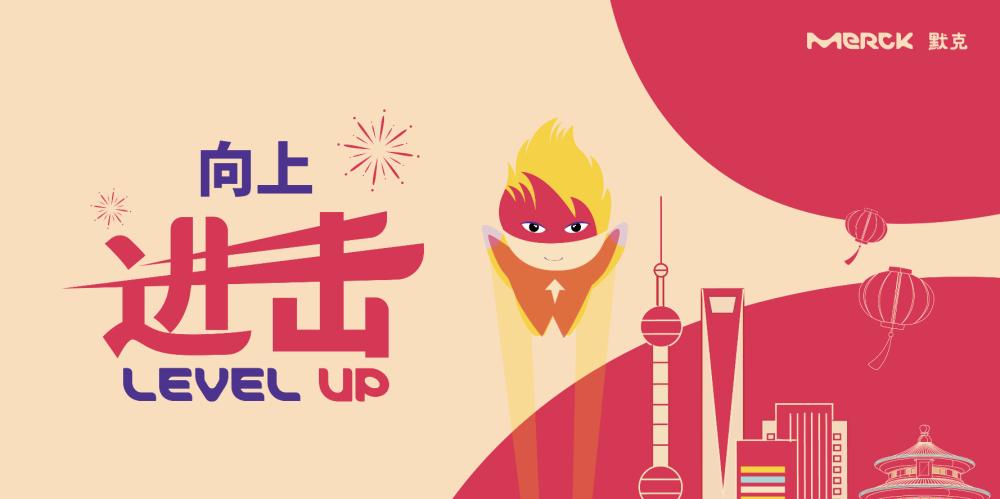
Jiwei Network reported, "The current global semiconductor is entering a super cycle, with unprecedented capacity investment and expansion, China is also rising to become the world's fastest growing integrated circuit manufacturing market." Kai Beckmann, Merck's executive board and CEO of electronics technology, pointed out at Merck's China media conference on January 26.
Kai Beckmann, Executive Board and CEO of Merck's Electronics Business
Merck announced on January 26 that it plans to double its investment in China, and will invest at least 1 billion yuan in China to its electronic technology business by 2025, focusing on chip manufacturing to build and expand a series of local production, research and development and supply chain facilities for electronic materials to actively participate in and support China's currently booming semiconductor industry. This is an important part of Merck's recently announced "Level Up" plan, which will invest at least 3 billion euros globally by 2025 for capacity expansion and technological innovation.
Specifically, Jiwei Network understands that of the 1 billion yuan investment in the Chinese market, 60% will be used to build a localized production base for electronic materials in the Chinese market, 20% for creating a high-tough electronic material localization supply chain, and 20% for the local research and development and application of high-level electronic materials.
Lack of cores, production capacity tension is the key word in the semiconductor industry in the past year, Merck believes that in 2022, with the major fabs to increase and expand production capacity, the global core shortage problem will be partially and gradually alleviated, but it will not be completely solved for the time being, and the global core shortage will continue for a long time. Behind this also exposes a far shortfall in global chip production capacity. Allan Gabor, president and managing director of Merck China's electronics technology business, pointed out that the boom in the global digital economy has led to a surge in demand for chips in various fields, while factors such as the COVID-19 pandemic have further intensified the demand for chips.
Merck pointed out that under the sweep of stock shortages, a wave of fab expansion and new construction is being set off around the world, which is also based on the judgment that chip demand will continue to rise and supply will be tight in the next few years. However, it should be pointed out that the improvement and supporting of production capacity also require the upstream and downstream cooperation of the whole industry chain.
Bi Kangming said that the semiconductor industry is a spiraling process, how to accurately predict short-term demand is an industrial problem, the superposition of factors such as the epidemic in the past year highlights the supply chain risks, but also further reflects the importance of creating a more resilient and flexible supply chain, which Merck hopes to achieve in the Chinese market by continuously increasing investment.
Currently, Merck Electronics Operates Three High-Tech Manufacturing Plants in Chinese mainland, located in Jinqiao, Shanghai, Waigaoqiao, and Suzhou, which produce a wide range of display and semiconductor materials, as well as transportation and storage equipment for electronic specialty gases and high-purity chemicals. In addition, Merck has invested in three electronic materials laboratories in China, focusing on the research and development and application of liquid crystal, photoresist and OLED (organic light-emitting diode) materials.
It is worth mentioning that Merck is currently building its "Merck Electronic Technology China Center" in Shanghai, which has the widest coverage of products in the world. The center, which analyzes, tests and samples a wide range of semiconductor and display materials, is expected to be completed and commissioned in the summer of 2022. After the completion of the center, Merck can provide more rapid and comprehensive technical services and more customized material solutions for local semiconductor companies and display panel manufacturers in China.
Through a series of strategic mergers and acquisitions and successful integrations in recent years, Merck has become one of the most extensive and full-materials suppliers in the global semiconductor manufacturing industry, with a comprehensive portfolio that covers the six key steps of the wafer processing process - doping, patterning, deposition, planarization, etching, cleaning, and post-packaging testing, while Merck also tailors specialty chemical and gas supply systems for fabs, as well as field service and equipment management. At present, Merck has supplied more than 150 kinds of high-purity chemicals, electronic special gases and performance materials to more than 100 chip manufacturing companies in the Chinese mainland.
(Proofreading/Jimmy)